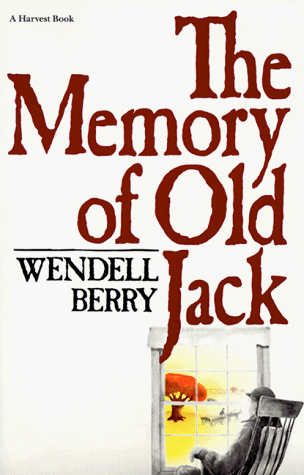Yesterday was the 115th birthday of Evelyn Arthur St. John Waugh. My favorite Waugh novel is The Loved One, but his most famous or maybe most prestigious work is the acclaimed Brideshead Revisited, which might also be the most Catholic book I’ve ever read. (It’s up there, at least, with The End of the Affair.)
On the 100th anniversary of Waugh’s birth, I wrote a post here about “Tormenting the Mustard Seed“:
For those of you new to the game, it’s quite simple:
1. Call up your local evangelical book store (“The Mustard Seed” is a regional chain in these parts, in your area it may be called the “Family Christian Book Center,” or “The Fisherman’s Net” or some such thing).
2. Ask them if they have a copy of Brideshead Revisited in stock.
3. When they say No — and they will say No — say, “But I thought this was a Christian book store?”
Snarky, juvenile and a bit mean-spirited, yes, but you can’t hope to change a subculture without making it aware that it is a subculture.
To be clear, when I actually did this — many years ago — I would usually ask to speak to the manager, not wanting to torment some underpaid, lower-level Very Nice Person who had no say in the store’s role as a gatekeeper, enforcer, and silencer within the subculture.
The full effect of the joke, such as it was, was cumulative. As politely confused-seeming as possible, one would continue: How about The Brother’s Karamazov? Anna Karenina? John Donne? Eliot? Dante? Milton? Dickens? Graham Greene? Wendell Berry? Anne Tyler? Anne Lamott? Maya Angelou? James Cone?

The idea, I suppose, was that it just wouldn’t work to sit down with the boundary-setting manager of such a bookstore and confront them directly about the way they were redefining “Christian” to refer to an extremely constrained cultural and chronological subset of products from an also-extremely constrained subset of companies. But maybe they could be led to see this on their own by a series of (snarky) pointed questions. Maybe they’d get off the phone, despite being initially mystified and/or offended, and begin to think about that.
Maybe, at the very least, they’d think about starting to stock A Christmas Carol or Jayber Crow, opening a tiny crack in the subcultural wall through which a bit of light might find its way in.
This was something I’d stopped doing long before I wrote that post 15 years ago, turning to somewhat more mature (somewhat) attempts to critique and challenge the subculture those bookstores helped to define and enforce.
Nowadays it’s much harder to even find such a bookstore. All the smaller regional chains got swallowed by the big national ones, many of which have since gone bankrupt just like their “secular” bookstore counterparts. Instead of a local “Christian bookstore,” all that’s left in many communities is half-an-aisle of Amish romance novels in the area Walmart or Hobby Lobby.
But LifeWay is still around — the Southern Baptist-affiliated bookstore chain that plays its gatekeeper/enforcer/silencer role with more gusto and deliberate relish than most of the old chains did.
But if I were to call up a LifeWay store I wouldn’t ask them about Christian literary “classics” like Brideshead or Karamazov or Anna Karenina. I’d just ask them if they had the latest books from Jen Hatmaker, or Rachel Held Evans, or Matthew Vines.
Not that I’m doing that, or that I’m recommending anyone else do it either.
But I’m not telling you not to.












